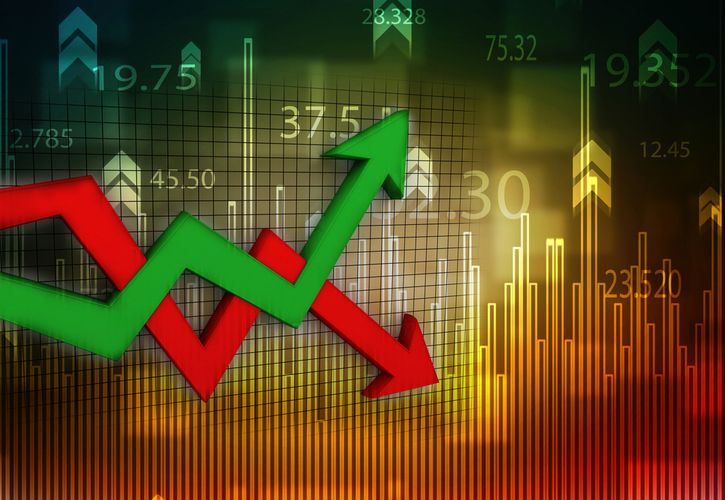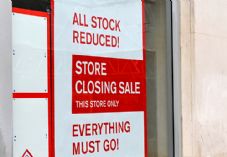UK DIY News
PwC Commentary On House Price And Inflation Data

PwC economists have commented on the latest house price and inflation data.
Jamie Durham, economist at PwC, comments on the latest UK house price data:
“House price growth continued to accelerate in November 2020, with prices 7.6% higher on an annual basis, up from 5.9% in October. This growth helped to push up the average UK house price to an all-time high of £250,000.”
“Prices grew strongly across all regions, but particularly in London and Yorkshire and the Humber.”
“Prices in the capital rose by nearly 10% on an annual basis, adding £45,000 to the average home in 12 months, and pushing the average house price to over £500,000 for the first time. The stamp duty holiday is a particular benefit in London and is likely to have played a significant part in this strong price growth, as the higher average house prices means that more stamp duty is typically due.”
“Despite a weak economy and the considerable impact of COVID-19, this data shows that the housing market has continued to perform strongly, buoyed by the stamp duty holiday, pent up demand and preference changes brought about by the pandemic.”
“There continues to be a lot of uncertainty in the outlook. The vaccine rollout could help to support the economic recovery and in turn the housing market. However, there is a risk that activity could drop off over the next couple of months as the stamp duty holiday comes to an end. Assuming the Chancellor does not extend the holiday in the March budget, that could feed through to weaker price growth in the coming quarters.”
Hannah Audino, economist at PwC, comments on today's inflation data:
"The 12-month consumer price inflation (CPI) rate has ended the year significantly below the Bank of England’s 2% target. Consumer price growth stood at 0.6% in December, up from 0.3% in November."
"This small increase to the CPI rate reflects the end of England’s second national lockdown, which allowed people in lower tier regions to resume activity and increased demand for things like fuel. Indeed, rising transport costs was one of the main drivers of the increase in consumer prices between November and December, as the price of petrol and diesel rose and air fares also increased, following their usual seasonal pattern at Christmas, despite the travel restrictions in place."
"The prices for clothing and footwear also rose, following discounting in November for Black Friday, as did prices for tobacco, following an increase in duty that came into effect the previous month."
"The overall impact of the pandemic in 2020 means the UK’s annual CPI rate fell to 0.9%, down from 1.8% in 2019. We expect inflation to remain low in the first quarter of 2021, due to the third national lockdown in England. Gradually, inflation is likely to pick up in 2021, as the UK’s vaccine rollout enables a resumption of normal activity and the effects of spare capacity and weak demand unwind. The end of the transition period with the EU will also create upward pressure on domestic prices, as the cost of imports from the EU raises prices."
Source : PwC Press Release
Insight DIY always publishes the latest news stories before anyone else and we find it to be an invaluable source of customer and market information.











































